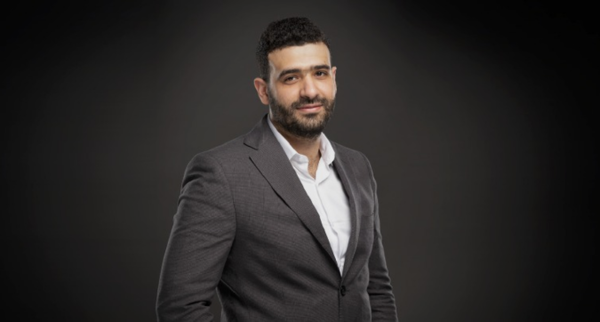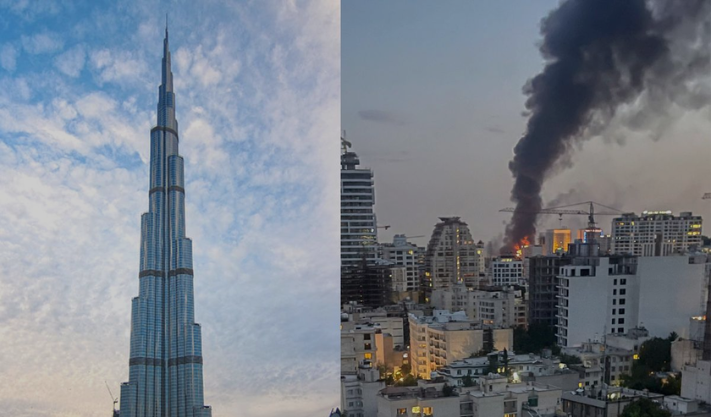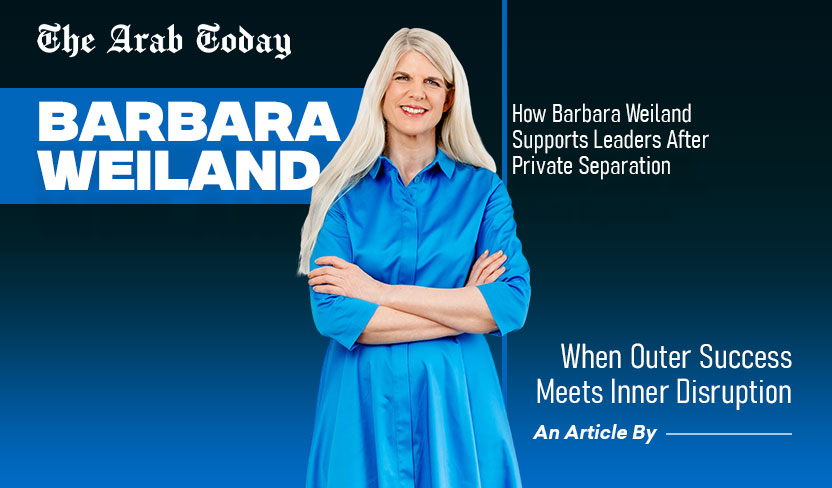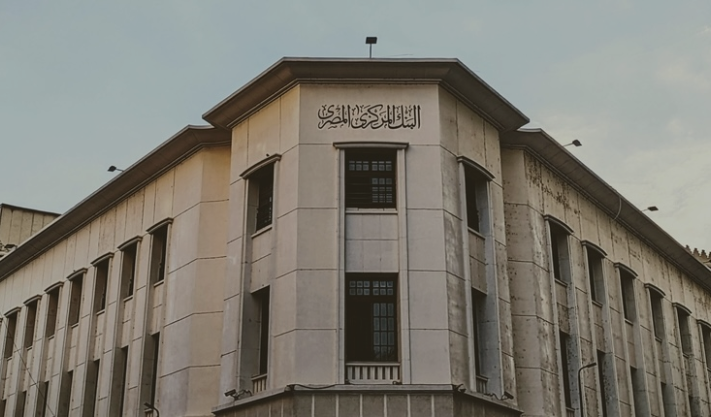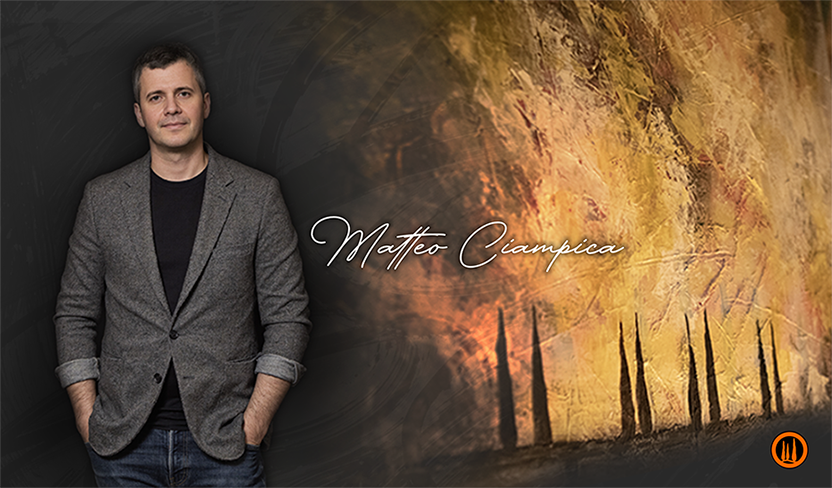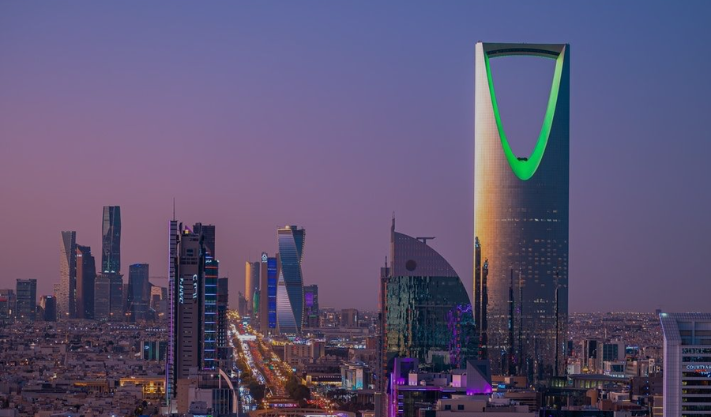Mostafa Kandil: The Visionary Behind Swvl and the Future of Mobility in Emerging Markets
In the heart of Cairo, a young entrepreneur named Mostafa Kandil turned a simple frustration—daily traffic jams and unreliable public transport—into one of the Middle East’s most inspiring success stories. His company, Swvl, started as a modest idea to make transportation more efficient and affordable in Egypt. Within just a few years, it became a global mobility giant, revolutionizing how millions of people in emerging markets commute.
This is the story of Mostafa Kandil, a visionary who transformed his ambition, innovation, and determination into a global movement for smarter, more sustainable transport.
Early Life and Education
Mostafa Kandil was born and raised in Egypt, a country where public transportation has long been a daily challenge for millions. From a young age, he showed signs of entrepreneurial spirit and an eagerness to solve real-world problems.
He studied Petroleum and Energy Engineering at the American University in Cairo (AUC), one of Egypt’s most prestigious institutions. While at university, he actively participated in business clubs and startup events, showing a clear passion for innovation beyond his field of study.
Even as a student, Kandil was fascinated by the intersection of technology and daily life. His early exposure to Cairo’s chaotic transport system gave him the insight that would later define his career—there had to be a better way for people to move.
Early Career: From Rocket Internet to Careem
Before founding Swvl, Kandil gained valuable experience working for two major companies that shaped his entrepreneurial mindset.
He first joined Rocket Internet, a global startup incubator known for building and scaling internet businesses in emerging markets. There, Kandil worked with a team that helped launch Carmudi, an online car marketplace. The experience taught him how startups operate in fast-paced environments and how to scale quickly with limited resources.
Later, he moved to Careem, the ride-hailing giant of the Middle East (later acquired by Uber for $3.1 billion). At Careem, Kandil worked as a Market Launcher, helping to expand the company into new countries and cities. This role was instrumental in shaping his understanding of urban mobility, logistics, and market expansion.
While working at Careem, Kandil realized a key insight: traditional ride-hailing services like Uber and Careem catered mostly to middle and upper-income users. However, there was a massive gap in the market—millions of daily commuters who couldn’t afford private ride-hailing but struggled with unreliable public buses.
That insight planted the seed for Swvl.
Founding Swvl: The Beginning of a Revolution
In 2017, at just 24 years old, Mostafa Kandil co-founded Swvl alongside Ahmed Sabbah and Mahmoud Nouh. Their vision was simple yet ambitious: to provide reliable, affordable, tech-driven bus transportation for people who relied on public transit.
Swvl’s model combined technology, data analytics, and convenience. Users could book seats on private buses through a mobile app, view routes in real-time, and pay electronically—all while enjoying comfort at a lower cost than taxis or ride-hailing cars.
The startup launched in Cairo, a city infamous for its traffic congestion and lack of efficient public transport. The response was immediate. Swvl quickly gained popularity among students, workers, and middle-class commuters who needed an affordable yet reliable daily transport option.
Within months, the startup caught the attention of regional and international investors, raising millions of dollars in funding. By 2018, Swvl had expanded beyond Egypt into Kenya and Pakistan, marking the beginning of its international journey.
Scaling Up: From Local Startup to Global Platform
Under Mostafa Kandil’s leadership, Swvl grew at an unprecedented rate. The company leveraged technology to identify demand hotspots, optimize bus routes, and ensure high efficiency. Its business model also appealed to governments and city planners seeking to reduce traffic congestion and carbon emissions.
In 2019, Swvl made headlines by raising $42 million in a Series B funding round, one of the largest for an Egyptian startup at the time. Major investors included BECO Capital, MENA Ventures, and DiGAME Investment Co.
Swvl continued expanding into Nigeria, Jordan, and the UAE, establishing a presence in over 20 cities globally. It soon became a symbol of the Middle East’s growing startup ecosystem, showing that regional entrepreneurs could build scalable, global businesses.
Mostafa Kandil also began to appear at global conferences such as Forbes Under 30 Summits and World Economic Forum panels, representing a new generation of Arab innovators.
Going Public: Swvl’s Nasdaq Listing
In July 2021, Swvl achieved a historic milestone—it announced its plan to go public on the Nasdaq stock exchange through a merger with Queen’s Gambit Growth Capital, a U.S.-based SPAC (Special Purpose Acquisition Company) led by women investors.
The deal valued Swvl at $1.5 billion, making it the first Middle Eastern $1B+ tech startup founded by Egyptians to list on the Nasdaq.
When the listing was completed in March 2022, Swvl joined a select group of Arab startups—alongside Careem and Anghami—that had achieved international recognition.
The move was a proud moment for Egypt’s tech ecosystem and cemented Mostafa Kandil’s status as one of the youngest CEOs ever to lead a Nasdaq-listed company.
Challenges and Resilience
Despite its meteoric rise, Swvl’s journey has not been without challenges. The company faced economic downturns, pandemic-related disruptions, and market slowdowns that affected its global operations.
In 2022 and 2023, Swvl announced restructuring plans, closing certain markets to focus on profitability. Critics questioned whether the company had scaled too fast.
But true to his entrepreneurial spirit, Kandil remained optimistic. He emphasized the importance of sustainability over speed and redirected Swvl’s focus toward markets with strong long-term potential.
Even amid global uncertainty, Kandil’s leadership demonstrated resilience, adaptability, and a commitment to the company’s mission of providing accessible transportation for all.
Vision and Impact
Mostafa Kandil’s vision extends far beyond running a successful company. His goal is to transform urban mobility across emerging markets, where public transport systems are often outdated and inefficient.
He has often said that his mission is not just to build a profitable company but to create economic and social impact. Swvl helps reduce traffic congestion, cut down carbon emissions, and improve quality of life for millions of daily commuters.
Moreover, Kandil’s success story has become a symbol of hope for young entrepreneurs in the Middle East and Africa. He has shown that innovation from the region can compete globally, inspiring a generation of startups tackling local problems with global solutions.
Awards and Recognition
Mostafa Kandil has received multiple awards and accolades for his achievements, including:
- Forbes 30 Under 30 (Middle East) in the category of Enterprise Technology.
- Recognition by Arab Youth Center for his contribution to entrepreneurship.
- Featured in TIME and Bloomberg as one of the most promising startup founders in emerging markets.
These honors reflect not only his business acumen but also his role as a regional ambassador for innovation and youth empowerment.
Personal Philosophy
Kandil’s leadership style is characterized by humility, agility, and vision. He believes in building teams that share a common mission rather than just chasing valuation or hype.
He once remarked in an interview:
“We didn’t build Swvl to be the biggest; we built it to solve a real problem. The success followed naturally when we focused on the people.”
This philosophy—rooted in empathy and purpose—continues to define his entrepreneurial journey.
Conclusion
Mostafa Kandil’s story is a powerful example of how determination, creativity, and courage can redefine industries. From a university student in Cairo to the CEO of a billion-dollar company listed on Nasdaq, his journey embodies the potential of the Middle East’s startup scene.
Through Swvl, he has not only transformed the way people move but also reshaped how the world views Arab entrepreneurship. His story is a reminder that innovation knows no borders—and that with the right vision, even the busiest streets of Cairo can lead to Wall Street.
Published: 27th November 2025
For more article like this please follow our social media Twitter, Linkedin & Instagram
Also Read:
Randa Ayoubi: Leading the Arab world’s animation future
Rony El-Nashar: Pioneering the Lebanese Startup Ecosystem
Said Khoury: The Visionary Builder of the Arab World
